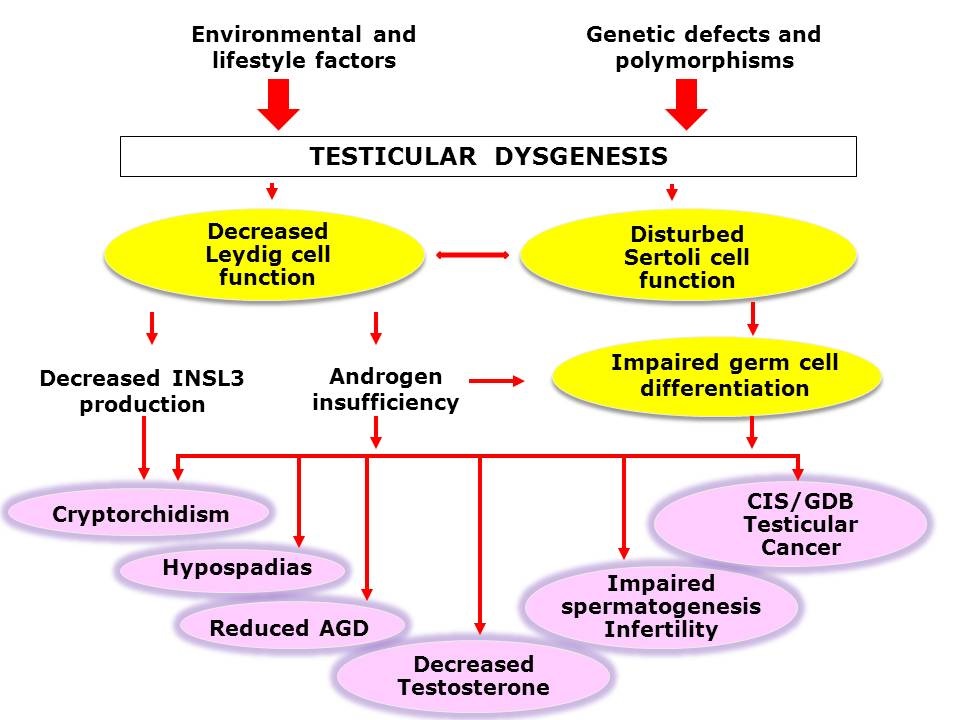
Figure 4. Schematic illustration of aetiology and pathogenesis of disorders grouped within Testicular Dysgenesis Syndrome (TDS).
The TDS concept implicates disturbed function of testicular somatic cells (Leydig- and Sertoli cells) caused by inherited genetic mutations /polymorphisms or environmental /lifestyle factors acting during early development. Dysfunction of the somatic cells results in disturbed hormonal homeostasis and causes impaired germ cell differentiation. Depending on the severity of the impairment, multiple outcomes or phenotypes may occur, ranging from reduced anogenital distance (AGD), genital malformations to testicular cancer. Note that the most severe forms of TDS (disorders of sex development with gonadoblastoma or CIS are the least frequently seen, whereas the mildest forms, such as impaired spermatogenesis are quite common. Modified from Skakkebæk et al., Int J Androl 2007 (70).
